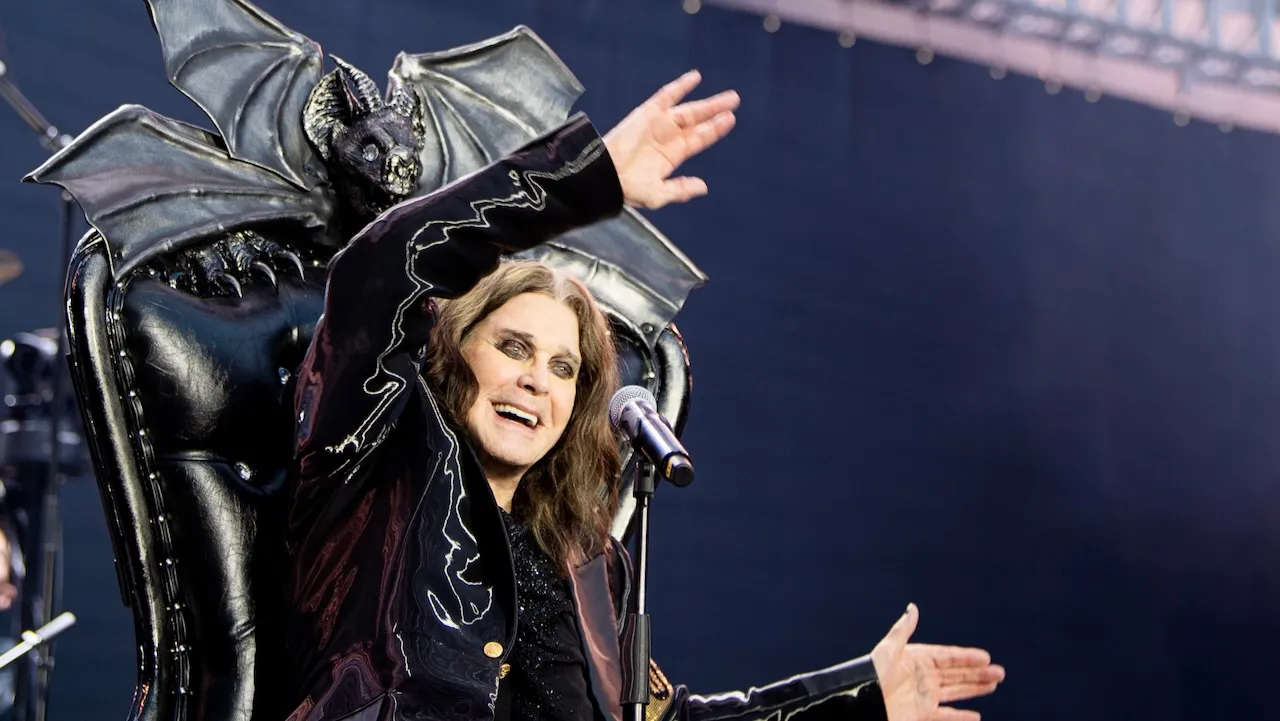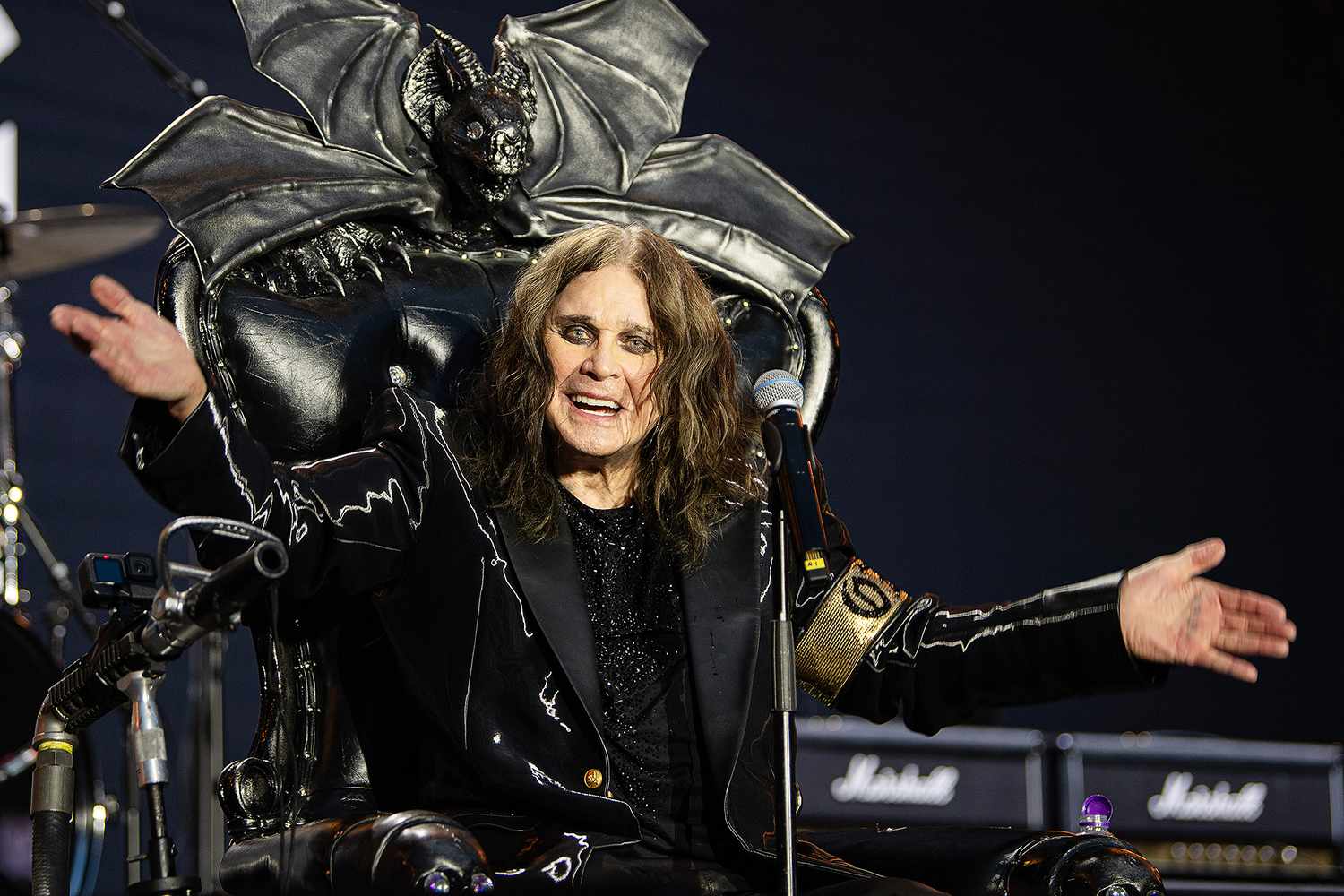Ozzy Osbourne’s final concert with Black Sabbath was more than a momentous farewell — it became a powerful charity event. Held in Birmingham’s Villa Park, the hometown of the legendary heavy metal band, the concert raised an astounding $190 million.
These funds benefited three important causes: Cure Parkinson’s (a cause close to Osbourne’s heart as he has battled the disease since 2003), Birmingham Children’s Hospital, and Acorn Children’s Hospice. Organized as a celebration of heavy metal’s roots, the concert also served as a philanthropic tribute to Osbourne’s enduring legacy.
Tom Morello Leads Global Tribute Uniting Metal Fans for Ozzy’s Historic Final Show
Rage Against the Machine’s guitarist Tom Morello served as the musical director for the event, which he described as “over a year of hard work” and a “labor of love.” In his recap on Instagram, Morello celebrated the massive success of the show, calling it a historic day for heavy metal.
He praised Osbourne for entrusting him with the role and acknowledged the outpouring of support from fans and artists worldwide. The event not only honored Osbourne’s influence but also brought the global music community together for a noble cause.

The concert drew massive attention, with 40,000 fans attending live in Birmingham and 5.8 million more livestreaming the event worldwide. The performance marked the first time Black Sabbath had reunited in two decades, adding even more weight to the occasion. Osbourne, despite his physical limitations, performed passionately from a bat-shaped, skull-adorned throne that rose dramatically from the stage, reinforcing his iconic “Prince of Darkness” persona.
Ozzy Osbourne Returns to His Roots for a Powerful, Emotional Final Performance
In the lead-up to the show, Osbourne expressed a deep emotional connection to Birmingham, stating it was time to “go back to the beginning” and give back to his hometown. He called Birmingham “the true home of metal” and expressed gratitude for being able to perform alongside people he loves. His words highlighted the personal and symbolic nature of the concert — a full-circle moment in a career that helped shape an entire genre.
Despite his ongoing health battles, Osbourne’s spirit was undiminished. He kicked off the set by declaring, “Let the madness begin!” and delivered a mix of solo hits including “Crazy Train” and “Mama, I’m Coming Home.” Black Sabbath followed with classics like “War Pigs,” “Iron Man,” and the final song “Paranoid.” The show stood as a triumphant, emotional farewell — a night of music, memory, and meaning that underscored Osbourne’s legendary status and commitment to making a difference.


